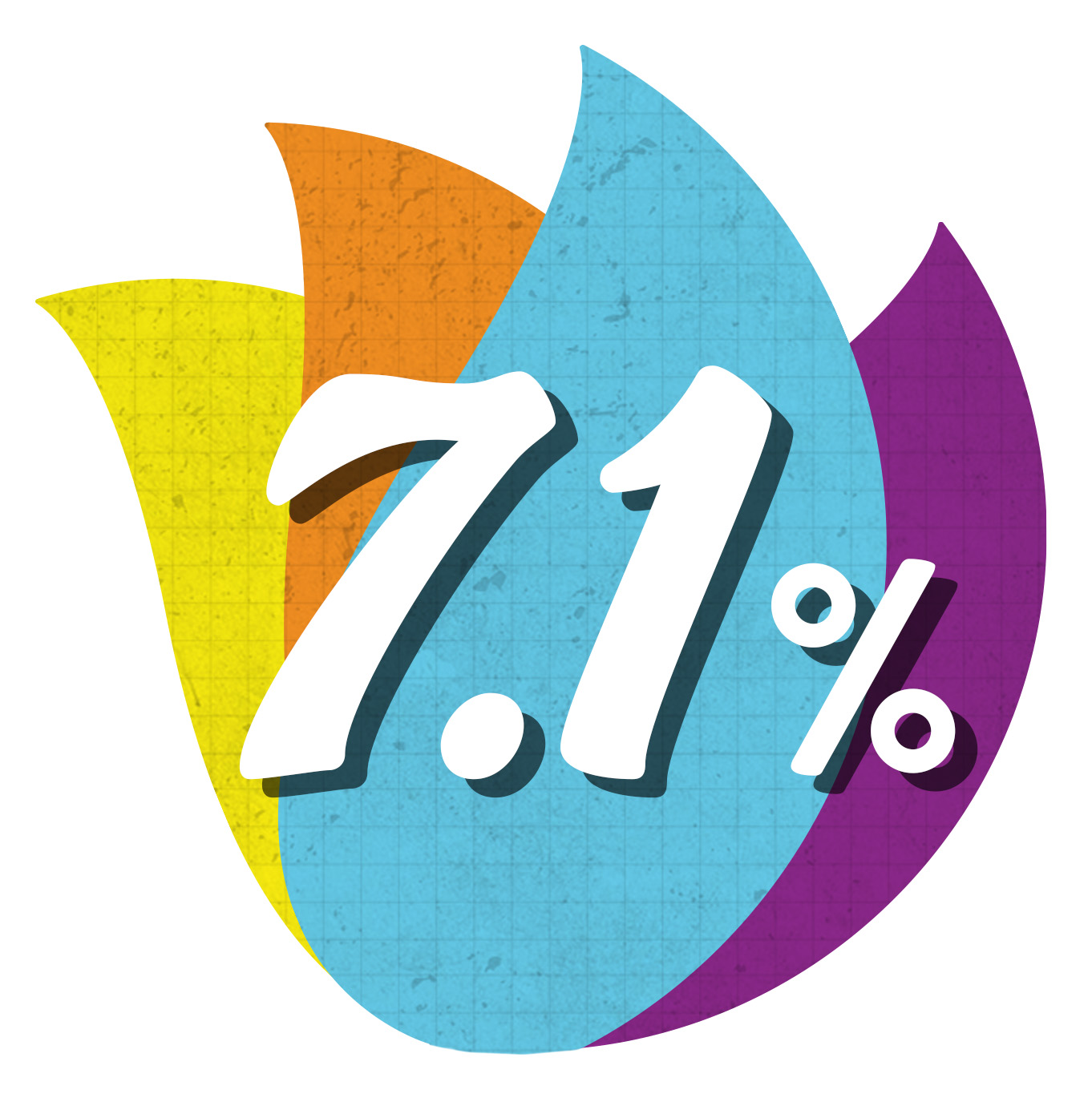Consortium for Sexual and Gender Minority Health
Michigan State University researchers are leading the way when it comes to studying the experiences of sexual and gender minority (SGM) communities within the healthcare system, as more and more U.S. adults identify as lesbian, gay, bisexual, transgender *.
This research focuses on physical, mental, emotional, and community health and well-being across the lifespan, intersecting identities, and social contexts.
*Adapting a definition from the National Institutes of Health, SGM communities include but are not limited to those who are (or are labeled): gay, lesbian, bisexual, queer, asexual, transgender, genderqueer, non-binary, two-spirit, and/or intersex.

7.1% of U.S. adults self-identify as A member of the SGM Community



Who we are
MSU is a national leader when it comes to SGM research. The MSU Consortium for Sexual and Gender Minority Health is a group of researchers working to identify and address social, systemic, and structural barriers to health, well-being, and effective health care among SGM communities.
This is an interdisciplinary initiative in the School of Social Work within the College of Social Science, which includes faculty researchers from Social Work, Sociology, and Psychology. Faculty are also involved from African American and African Studies in the College of Arts and Letters; Media and Information in the College of Communication Arts and Science; Higher, Adult, and Lifelong Education in the College of Education; History, Philosophy and Sociology of Science in Lyman Briggs College; and Bioethics and Social Justice in the College of Human Medicine.
The work we do
- Development and support of interdisciplinary research teams
- Mentoring of faculty and graduate students
- Engagement with community stakeholders
- Leading SGM health training initiatives
Methods we use
![]() Members of the Consortium use research approaches and tools to engage research participants and collect data, that include, but not limited to:
Members of the Consortium use research approaches and tools to engage research participants and collect data, that include, but not limited to:
- Demographic techniques
- Surveys
- Interviews
- Focus groups
- Diaries
- Photovoice
- Community-based participatory action
- Poetry
- Policy analysis
- Medical records review
- Archival analysis

